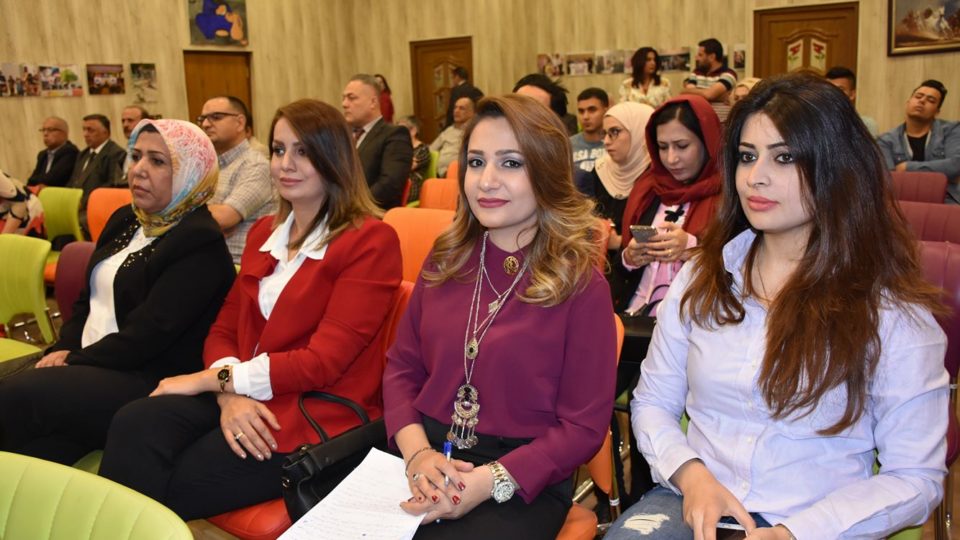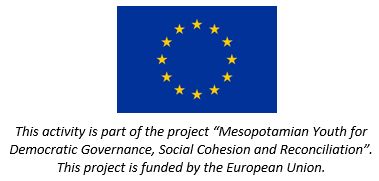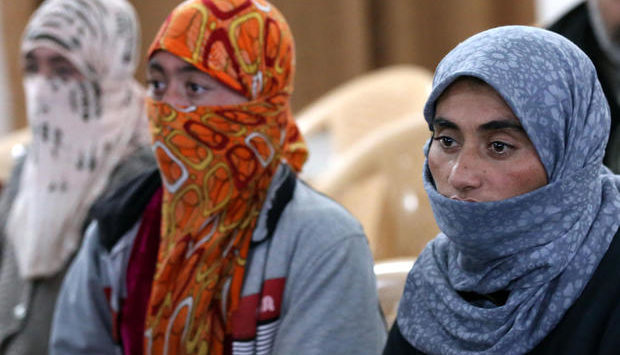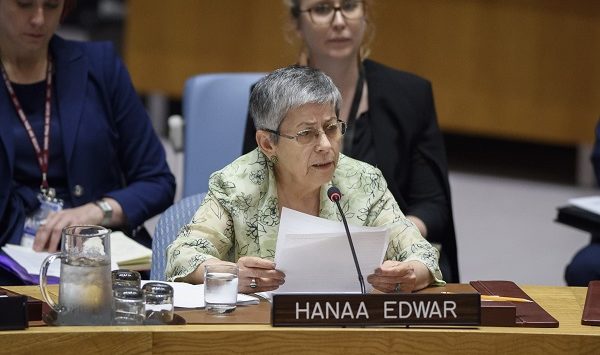Women’s Participation in Decision-Making Centers: the Iraqi Government’s Progress on CEDAW
In 2018 the government of Iraq submitted its interim report on the Convention on the Elimination of All Forms of Discrimination against Women (CEDAW) to the United Nations. Through this Convention, Iraq commits itself to end all political, economic, social, cultural, civil and other forms of discrimination against women. The report of the Iraqi government is supposed to clarify the government’s efforts and achievements in terms of its commitment to CEDAW and the harmonization of its domestic laws to implement the agreement. It has not been reviewed yet nor has a shadow report been written. However, the Kahramana path of the Iraqi Social Forum was able to gain some insights and concluded some observations regarding the political participation of women:
– The Parties Law No. 36 of 2015 (if later promulgated to monitor the implementation of the Convention) does not include the obligation of parties belonging to its umbrella to have a percentage of women in the Supreme Committee of the party and not even a reference to that percentage in the General Assembly.
– No real efforts have been made by governmental institutions and the legislative authority to limit the impact of social norms and costumes. In the Committee’s words, “the traditional attitudes of discrimination against women that prevent their active participation”.
– Political parties deliberately fill their electoral lists with female candidates to meet the requirement of the electoral law to make the participation rate of women up to 25 percent without working to increase their experience in political work and the formulation of political programs that are necessary that everyone who enters the political arena should be familiar with. This aspect is not mentioned in the parties’ law.
– Leaders of political parties did not enable women to reach the highest level of leadership of theA political parties, and there are no female candidates in the leadership of the parties except a few ones, which made some female figures forming political blocs that are involved in its leadership. What is referred to by the “keenness” of the Commission or the parties’ body to have a feminist representation in the political leadership of the parties, is nothing more than a directive. What is needed is amendment of the internal laws of parties.
– The former cabinet included only two female ministers and one woman as the mayor of Baghdad (with the rank of minister).
– As for the position of women in the Judicial Council, there were, before 2003, 10 female judges, one of whom was a prosecutor, and still, the highest positions in the judiciary field, are lacking representation of women, such as the Federal Court of Cassation and the Federal Supreme Court
– Non-observance of gender balance or achievement of quotas in independent bodies such as the High Electoral Commission.
Kahramana concludes that the Government’s steps taken to implement the international obligation under the Convention on the Elimination of All Forms of Discrimination against Women still do not amount to the actual empowerment of Iraqi women to be part of the political process.






